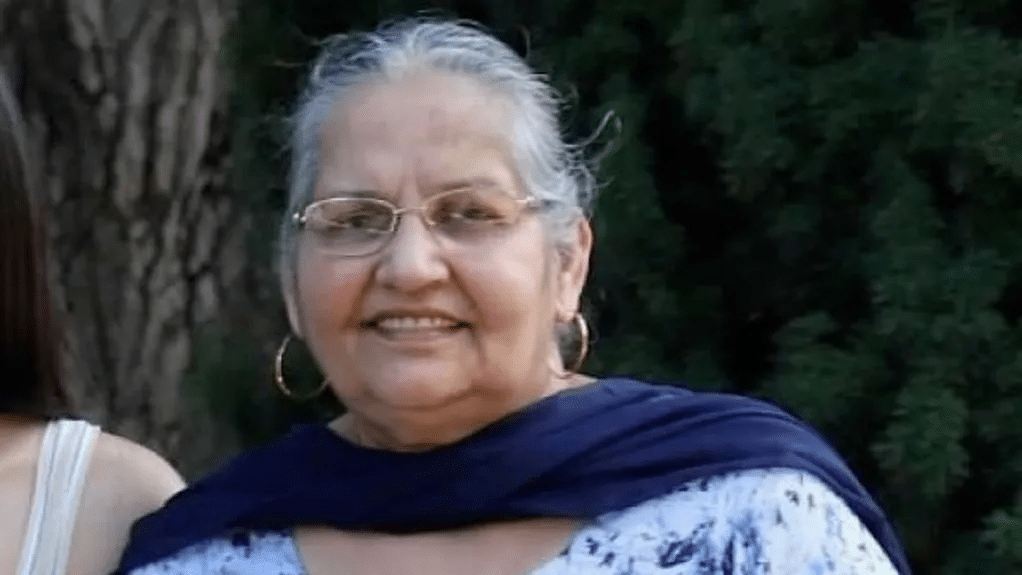Sikh Grandmother Deported to India Following ‘Unacceptable’ Treatment by U.S. Immigration Authorities

A 73-year-old grandmother, Harjit Kaur, has been deported to India after living in the United States for over three decades. Kaur, who had sought asylum in the U.S. but faced multiple rejections, was arrested by U.S. Immigration and Customs Enforcement (ICE) on September 8. Her detention and subsequent deportation have sparked outrage within the Sikh community, highlighting concerns over the treatment of immigrants under current U.S. immigration policies.
Background of Harjit Kaur’s Immigration Journey
Harjit Kaur moved to California in 1991, fleeing political unrest in Punjab, India, with her two young sons. Over the years, she worked as a seamstress in a sari store and contributed to the local economy by paying taxes. Despite her lengthy residence in the U.S., Kaur’s attempts to secure asylum were unsuccessful, leading to a precarious legal status. After her asylum applications were denied, she continued to live and work in the U.S. without proper documentation. Kaur was required to report to immigration authorities every six months, a process she complied with until her arrest during a routine check-in in San Francisco.
Details of Arrest and Deportation
Kaur’s arrest on September 8 took many by surprise, particularly within the Sikh community, where she was well-known. Following her arrest, she was transferred to a holding facility in Georgia on September 19. Just three days later, on September 22, she was deported to India without the opportunity to say goodbye to her family and friends in the U.S. Her lawyer, Deepak Ahluwalia, criticized the treatment she received during her detention, claiming that Kaur was forced to sleep on the floor for 60 to 70 hours, despite having undergone double knee replacements. He also alleged that she was given inadequate food and was denied proper medical care.
Community Reaction and Broader Implications
The deportation of Harjit Kaur has ignited protests and expressions of solidarity within the Sikh community in California. Supporters have voiced their outrage over the treatment of Kaur and the broader implications of U.S. immigration policies under the Trump administration. Critics argue that the administration’s crackdown on immigration disproportionately affects individuals without criminal records who are simply seeking a better life. Kaur’s case is emblematic of the struggles faced by many asylum seekers in the U.S., where over 3.7 million asylum cases are currently pending in immigration courts.
Personal Impact and Future Outlook
Upon her arrival in Delhi, Kaur expressed her despair over the abrupt end to her life in the U.S., stating that it felt better to die than to face such treatment. Her story underscores the emotional and psychological toll that deportation can have on individuals who have built their lives in a new country. As the debate over immigration continues in the U.S., Kaur’s experience serves as a poignant reminder of the human stories behind the statistics, highlighting the need for compassion and reform in immigration policies.
Observer Voice is the one stop site for National, International news, Sports, Editor’s Choice, Art/culture contents, Quotes and much more. We also cover historical contents. Historical contents includes World History, Indian History, and what happened today. The website also covers Entertainment across the India and World.
Follow Us on Twitter, Instagram, Facebook, & LinkedIn

